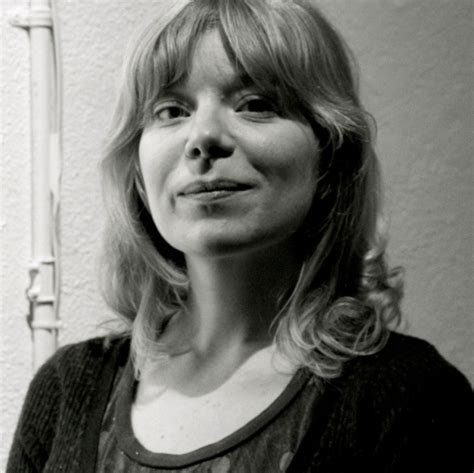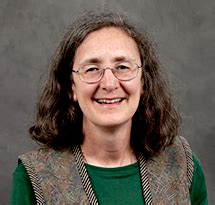A Quote by Peter McWilliams
For many, negative thinking is a habit which, over time, becomes an addiction.
Related Quotes
Training is doing your homework. It's not exciting. More often than not it's tedious. There is certainly no glory in it. But you stick with it, over time, and incrementally through no specific session, your body changes. Your mind becomes calloused to effort. You stop thinking of running as difficult or interesting or magical. It just becomes what you do. It becomes a habit.
Your success in life and work will be determined by the kinds of habits that you develop over time. The habit of setting priorities, overcoming procrastination, and getting on with your most important task is a mental and physical skill. As such, this habit is learnable through practice and repetition, over and over again, until it locks into your subsconscious mind and becomes a permanent part of your behaviour.
There are many misconceptions about depression-mostly negative. Unfortunately, because depressed people think negatively about depression and its treatment, they don't get help, which allows the depression to worsen, which leads to more negative thinking, which produces a vicious cycle of suffering.
Our joy, peace and happiness depend very much on our practice of recognizing and transforming habit energies. There are positive habit energies that we have to cultivate, and negative habit energies that we have to recognize, embrace and transform. The energy with which we do these things is mindfulness.
If an addict who has been completely cured starts smoking again he no longer experiences the discomfort of his first addiction. There exists, therefore, outside alkaloids and habit, a sense for opium, an intangible habit which lives on, despite the recasting of the organism. The dead drug leaves a ghost behind. At certain hours it haunts the house.
Thinking leads man to knowledge. He may see and hear, and read and learn, as much as he please; he will never know any of it, except that which he has thought over, that which by thinking he has made the property of his mind. Is it then saying too much if I say, that man by thinking only becomes truly man? Take away thought from man's life, and what remains?



































